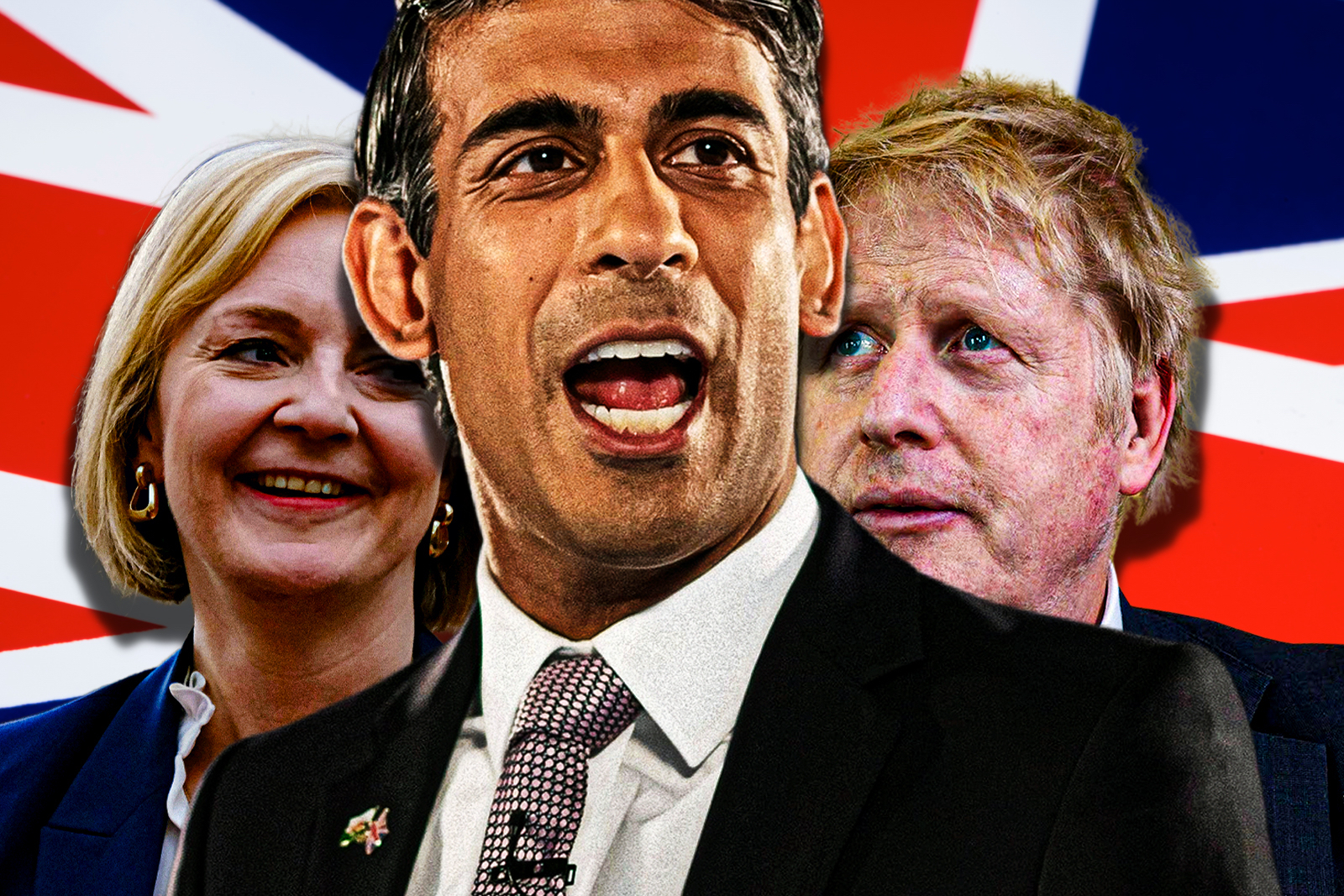
Is the UK an Increasingly Inward-Looking Nation?
The past couple of months has seen the UK winning a series of victories on the world stage. In late February, the UK and the EU reached a new agreement over Northern Ireland in the form of the Windsor Framework, officially ending the Brexit limbo. Several weeks later, it was announced that the first generation of ANKUS nuclear submarines would be built using a UK design with parts and upgrades supplied by the United States. This was quickly followed by another breakthrough in late March, when the UK formally ascended to the Asian-Pacific trade bloc, CPTPP, delivering on a major Brexit opportunity.
Nevertheless, these breakthroughs seem to have little tangible contributions towards restoring foreign policy to its proper place in the political discourse.
Foreign affairs play a vital role in political discourse as it raises questions regarding the country’s place in the world: What is our relationship with the EU? Why have we not managed to secure a trade deal with the U.S.? What does that say about the “special relationship” with the United States?? How are we going to counter the rise of China and the Chinese Communist Party?
These questions allow a country to not just look down at its feet but also gaze up at its surroundings. A person’s identity is negotiated and mediated through life experiences and relationships. This is the same for any country. By revising its place in the world, a country can gain a better understanding of itself and plot its trajectory accordingly.
The post-Brexit UK is one that is difficult to comprehend. In a span of months, the country has seen three prime ministers from the same party and waves of strikes from the public sector. Furthermore, the ambitious but failed libertarian experiment by the Truss government had only added pressure to an economy that was already struggling. Although a sense of stability might have begun to return to politics, the country is nonetheless exhausted and lacking confidence.
Several months ago, a senior U.S. military official had reportedly told Ben Wallace, the UK Secretary of State for Defence, that the British Army was no longer considered a “top-level fighting force.” This came as a serious appraisal as the two countries have historically been the closest military allies. In response to the comment, Wallace admitted to MPs that the British Armed Forces have indeed been “hollowed out and underfunded” in recent years. Meanwhile, sources in the Ministry of Defence also told Sky News that, “the army is a service that is unable to protect the UK and its allies.”
In a segment responding to the story, LBC host Nick Ferrari asked his audience if they would rather invest in the military or the NHS. The result was, apart from a few veterans who argued in favour of the military, almost unanimously in favor of the NHS. While the importance of funding our health service is indisputable, it is concerning how unalarmed the general population seems to be towards the revelation that the UK’s security might be in jeopardy – especially given the ongoing war in Ukraine.
This example, unfortunately, is just one symptom of the larger inward tilting of the overall political discourse. The British people are increasingly less confident about Britain’s place in the world and its ability to stand as a leading power and would rather focus on issues closer to home. However, not every issue could be solved by solely looking inwards. Sometimes, there might be solutions elsewhere that could be imported to help resolve domestic issues. There are also times when problems arise due to external factors – such as the energy crisis caused by the war in Ukraine.
In the case of healthcare, the NHS has stagnated since the beginning of the year with a series of strikes by nurses, paramedics, and doctors due to pay lagging behind the inflation rate. While the government has attempted to engage in negotiations, it is constrained by the fiscal reality that there simply is not enough money to go around. While most commentators have focused solely on the ongoing pay dispute, few have brought NHS reform into the conversation. Could it be that we need to start thinking about privatisation? If so, what are some of the existing examples in Europe, Asia, and America? What are the benefits and drawbacks?
The point is the NHS will not be fixed by everyone staring at the problem around a circle and neither will other issues the country is facing. If the UK is to be a ‘Global Britain,’ it needs to start climbing out of the shadows of Brexit and look outwards.

